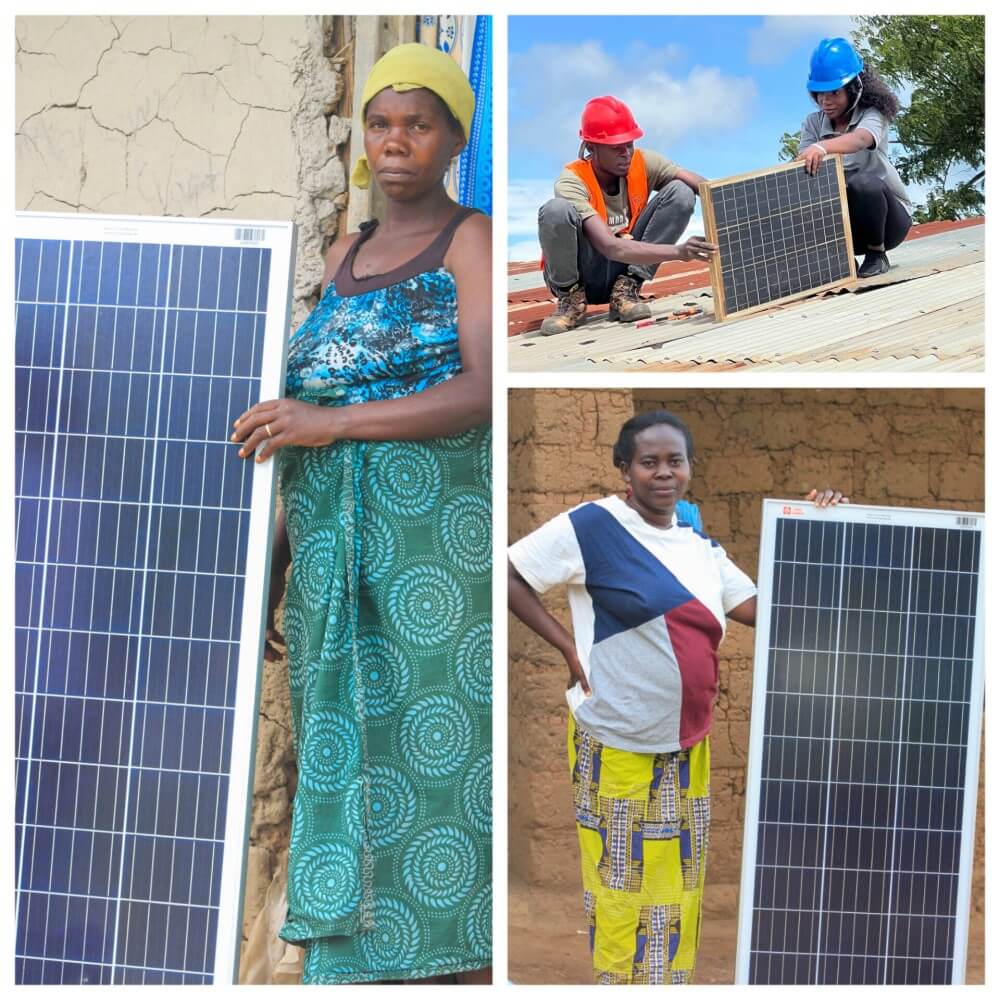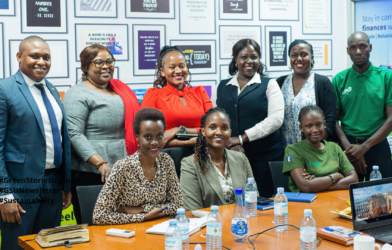Patapia, a social enterprise based in Uganda, is on a mission to transform the lives of refugee communities through innovative digital financial solutions. Founded in 2019, Patapia has been working tirelessly to address the unique financial needs and constraints faced by refugee populations, particularly women and youth.
At the heart of Patapia’s initiatives is a digital microfinance platform that leverages cutting-edge technology to improve accessibility and affordability of financial services. Through this platform, Patapia offers a range of tailor-made products and services, including:
1. Digital Business Loans: Patapia provides accessible and flexible digital loans to refugee women entrepreneurs, empowering them to start, grow and sustain their businesses. These loans are disbursed through a mobile banking system, eliminating the need for physical branch visits and collateral.
2. Business Training Programs: Prior to financing, Patapia’s community support agents provide comprehensive training and mentorship to help refugee women develop the necessary skills for effective business management and sustainable growth.
3. Solar Loans: Recognizing the importance of clean energy access, Patapia also offers affordable solar loans to refugee households, enabling them to transition from costly and environmentally harmful energy sources to sustainable solar solutions.
Patapia’s digital platform has been a game-changer in improving the reach and impact of its financial services. Through integrating USSD and mobile banking technologies, they have made it possible for refugees to perform banking transactions conveniently from the comfort of their homes or communities, bridging the digital divide.
Patapia has trained and financed over 1,500 refugee women in Kampala and Rwamwanja refugee settlement, with an impressive 96% of the financed businesses still fully operational. The women entrepreneurs have seen their average monthly revenues soar from a mere $3 or $14 to a substantial $100, enabling them to provide for their families’ basic needs and reduce their reliance on aid.
One inspiring success story is that of Shekinah Florence, a refugee from the Democratic Republic of Congo who fled to Uganda with her eight young children. Joining Patapia, Shekinah accessed a micro-loan and training, which allowed her to start a small shoe retail business. Over time, she expanded her operations, hiring other refugee women as retailers and diversifying into poultry farming. Today, Shekinah is a thriving entrepreneur, having also invested in real estate and community development projects.
Looking ahead, Patapia has set its sights on scaling its digital financial inclusion initiatives across Uganda and beyond. Their long-term vision is to become the industry leader in refugee financing, ensuring that every refugee settlement has access to the transformative power of Patapia’s services. Through continued innovation and strategic partnerships, Patapia aims to create a sustainable society where refugees, particularly women, have equal opportunities to thrive and build resilient communities.














Comments are closed